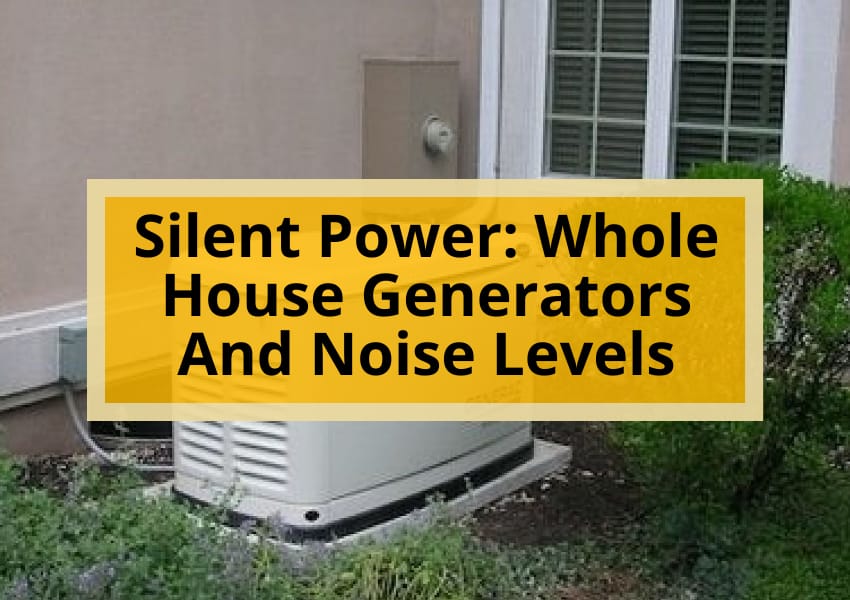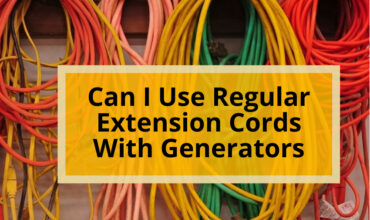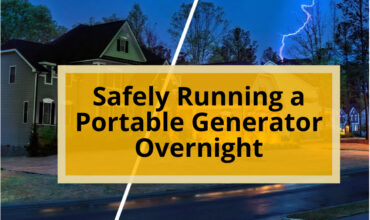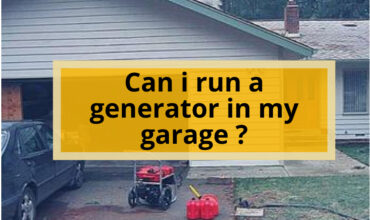The need for an uninterrupted power supply has become increasingly important for homeowners. In such situations, whole house generators have gained popularity due to their ability to provide an uninterrupted power supply to the entire home.
However, one of the most significant concerns for homeowners when it comes to whole house generators is the noise levels generated. This article titled ‘Silent Power: Whole House Generators and Noise Levels’ will delve into the topic of generator noise levels, the factors that affect them, and the measures taken to reduce noise.
Furthermore, we will discuss the different types of fuel sources for these generators, the difference between whole-house and portable generators, and Generac’s line of high-quality and affordable generators. The article aims to provide homeowners with an objective and analytical approach to understanding the importance of noise levels in whole house generators and the measures they can take to reduce them.
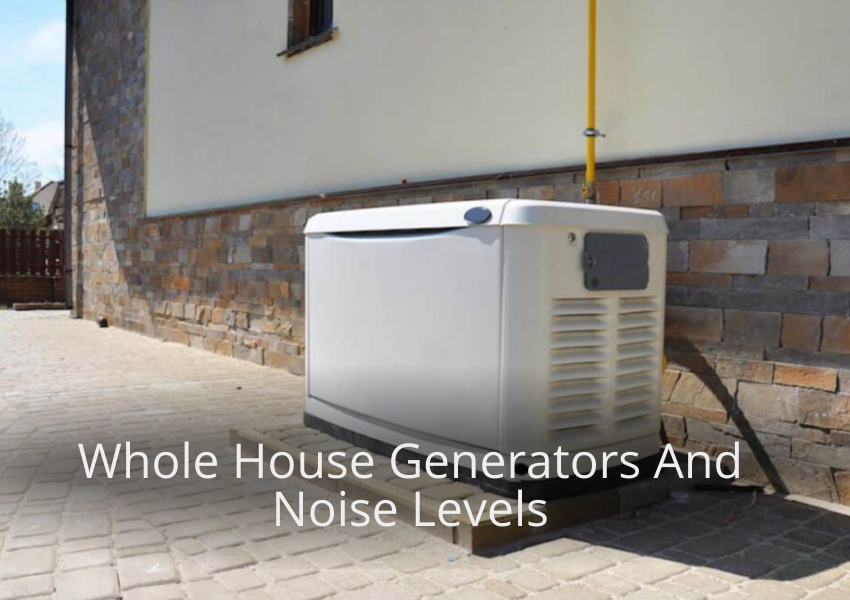
Generator Noise Levels
The noise level emitted by whole house generators is dependent on various factors such as the model, placement, and noise dampening measures.
Some of the quietest models available in the market include the Honda EU7000iS and Generac 6462 Guardian Series, which produce noise levels ranging from 52-58 dBA and 58 dBA respectively. On the other hand, some models such as the Cummins Quiet Connect Series can produce noise levels as high as 65 dBA.
The noise level of a whole house generator can have a significant impact on residential areas, especially if the generator is installed in a shared space. Therefore, it is essential to consider soundproofing methods to reduce the noise level emitted by the generator.
These methods may include the installation of sound-absorbing enclosures, types of acoustic barriers, isolation mounts, or temporary solutions such as sound-deadening wood. It is crucial to select the most appropriate soundproofing method based on weather conditions and the noise level of the generator to minimize the impact on the surrounding residential area.
Also read : The Cost Of Natural Gas Generators: What You Need To Know
Factors Affecting Noise Levels
Factors such as the model, placement, and noise dampening measures can greatly affect the amount of sound emitted by a whole house generator. While some models like the Honda EU7000iS produce as little as 52-58 decibels of noise, others such as the Cummins Quiet Connect Series emit 65 decibels of noise. Therefore, choosing the right model is important if one wants to minimize the impact on neighbors. Additionally, the placement of the generator can also have an impact on noise levels. Good practice is to install the generator at least 20 feet away from structures, and to use soundproofing methods such as adding a sound-absorbing enclosure, acoustic barriers, isolation mounts, or temporary solutions such as sound-deadening wood. Weather conditions should also be considered when choosing a soundproofing method.
To further illustrate the impact of various factors on noise levels, the following table lists the noise levels and features of some popular whole house generators:
| Generator Model | Noise Level (dBA) | Features |
|---|---|---|
| Honda EU7000iS | 52-58 | Quiet, fuel efficient, inverter technology |
| Generac 6462 Guardian Series | 58 | WhisperCheck Self-Test Mode, Mobile Link Remote Monitoring |
| Champion Power Equipment 100294 | 63 | 8 vital appliances, 24/7 customer support |
| Kohler 20RESCL | 64-69 | PowerBoost technology, corrosion-resistant enclosure |
| Cummins Quiet Connect Series | 65 | Automatic load management, remote monitoring |
| Briggs & Stratton 076175 Standby Generator | 66 | Symphony® II Power Management, Remote System Status |
By considering all of these factors and choosing the right generator and soundproofing methods, homeowners can ensure that their whole house generator is as quiet as possible and minimizes the impact on their neighbors.
also read : Silence Your Generator: Easy Tips And Solutions
Reducing Generator Noise
Effective methods for minimizing the sound emitted by standby generators include strategic placement, sound-absorbing enclosures, and acoustic barriers. When choosing a location, it is important to install the generator at least 20 feet away from structures, and to avoid placing it near windows or air conditioning units.
Sound-absorbing enclosures, which are available commercially or can be constructed with basic materials, can significantly reduce noise levels. Additionally, acoustic barriers, such as walls or fences made of materials that absorb or block sound, can be effective in minimizing noise pollution. It is important to consider local community noise ordinances when selecting soundproofing methods, as some areas have strict regulations on generator noise levels.
While there are many options for reducing generator noise, it is important to choose methods that are appropriate for the specific generator and its environment. Temporary solutions, such as sound-deadening wood, can be effective in reducing noise levels, but may not be suitable for long-term use. Similarly, fixing any loose parts on the generator can reduce friction and noise, but may require regular maintenance.
Overall, the best soundproofing methods for standby generators involve a combination of strategic placement, sound-absorbing enclosures, and acoustic barriers, and should be chosen based on the specific needs of the generator and the surrounding community.
Also read : Portable Vs. Standby Generators: Power, Convenience, & Protection
Frequently Asked Questions
What are the fuel sources for whole-house generators?
Renewable fuel sources such as propane, natural gas, and biodiesel can power whole-house generators. Cost comparison shows that natural gas is the most cost-effective option, followed by propane and biodiesel.
How does a whole-house generator differ from a portable generator?
Whole-house generators are permanently installed and connected to a home’s electrical system, provide backup power during outages, and require professional installation and maintenance. In contrast, portable generators are temporary, require manual fueling, and are not connected to a home’s electrical system.
How important is it to keep the peace with authorities and neighbors by minimizing generator noise?
The importance of consideration and mitigating noise pollution cannot be overstated when it comes to whole-house generators. Keeping the peace with authorities and neighbors is crucial, especially in shared residential areas where noise ordinances may exist.
What are some weather conditions to consider when choosing a soundproofing method for a generator?
When considering soundproofing methods for generators, weather conditions should be taken into account. Acoustic panels and weatherproofing can help reduce noise levels, but must be able to withstand harsh weather conditions such as rain, snow, and extreme heat.
How does Generac use technology and materials to suppress noise in their generators?
Despite the potential for noise pollution, Generac uses advanced technology to suppress noise in their generators. Acoustic insulation and vibration dampening materials are incorporated to reduce noise levels, ensuring quiet operation for residential areas.
